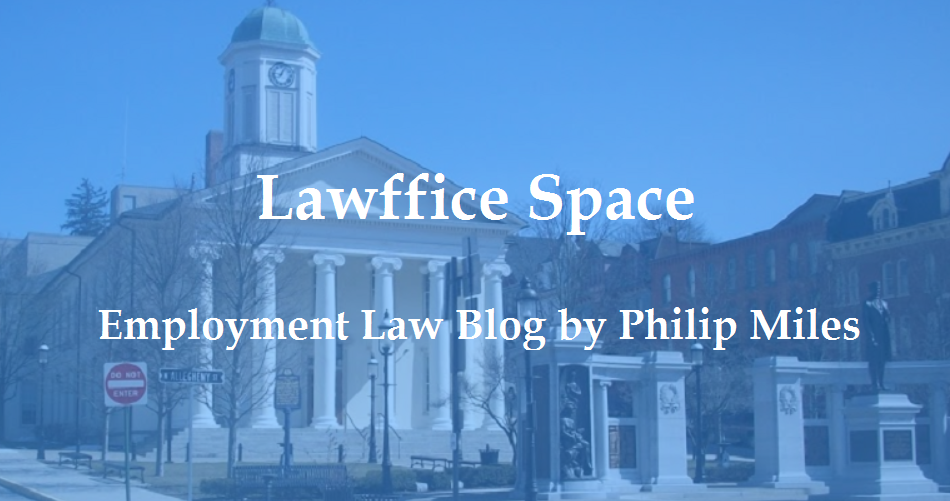The Fair Labor Standards Act (FLSA) sets a floor, not a ceiling. We see this all of the time in the context of minimum wage. The FLSA (aka "federal minimum wage") is $7.25/hour - but more than half of the states set a minimum wage higher than that. Well, this "floor" concept does not just apply to the minimum wage - it applies to the definition of compensable time too.
Back in 2014, the U.S. Supreme Court ruled that Amazon warehouse workers were not entitled to compensation for the time they spent waiting to undergo anti-theft security screening before leaving work. Why not? Under the FLSA (and more specifically, amendments in the Portal to Portal Act (PTPA)), activities that are postliminary to the employees' principal activities are not compensable. The security screenings were deemed non-compensable postliminary activities.
It turns out some Pennsylvania employees were going through these same security screenings before leaving their jobs at Amazon warehouses. They have also sued for unpaid wages. There's an important twist though! Their claims were based on the Pennsylvania Minimum Wage Act (PMWA).
The procedural posture here is too convoluted to bore you with, but ultimately the Sixth Circuit certified two questions to be decided by the Supreme Court of Pennsylvania (SCOPA):
1. "[W]hether time spent on an employer’s premises waiting to undergo, and undergoing, mandatory security screening is compensable" under the PMWA; and
2. Whether the de minimis exception applies to bar claims under the PMWA.
SCOPA answered those two questions in Heimbach v. Amazon.com.
Of course, the federal courts - no less than the Supreme Court - have held that the exact security screenings at issue were not compensable under the FLSA, and employers are not liable for de minimis violations. But, SCOPA - applying the PMWA - departed from the federal courts on both issues.
First, unlike the FLSA, the PMWA was never amended by something like the PTPA. Thus, postliminary activities were never carved out of the definition of compensable time in Pennsylvania. The PMWA regulations (though not the statute itself) broadly define "hours worked" to include "time during which an employee is required by the employer to be on the premises of the employer." SCOPA therefore concluded that the PMWA does not include an exception for postliminary activities.
SCOPA then went on to eviscerate the de minimis exception. "The PMWA plainly and unambiguously requires payment for 'all hours worked.'" Thus, unlike the FLSA, the PMWA does not include an exception for de minimis violations.
Bottom line? Two clearly established exceptions to the FLSA now just-as-clearly do not apply to the PMWA. Employers in Pennsylvania must pay their employees for time that is not compensable under federal law. Specifically:
1. Pennsylvania employers have to pay nonexempt employees for postliminary activities that are not part of their principal activities.
2. Pennsylvania employers can be held liable for de minimis (trivial or insubstantial) violations of the PMWA.

No comments:
Post a Comment